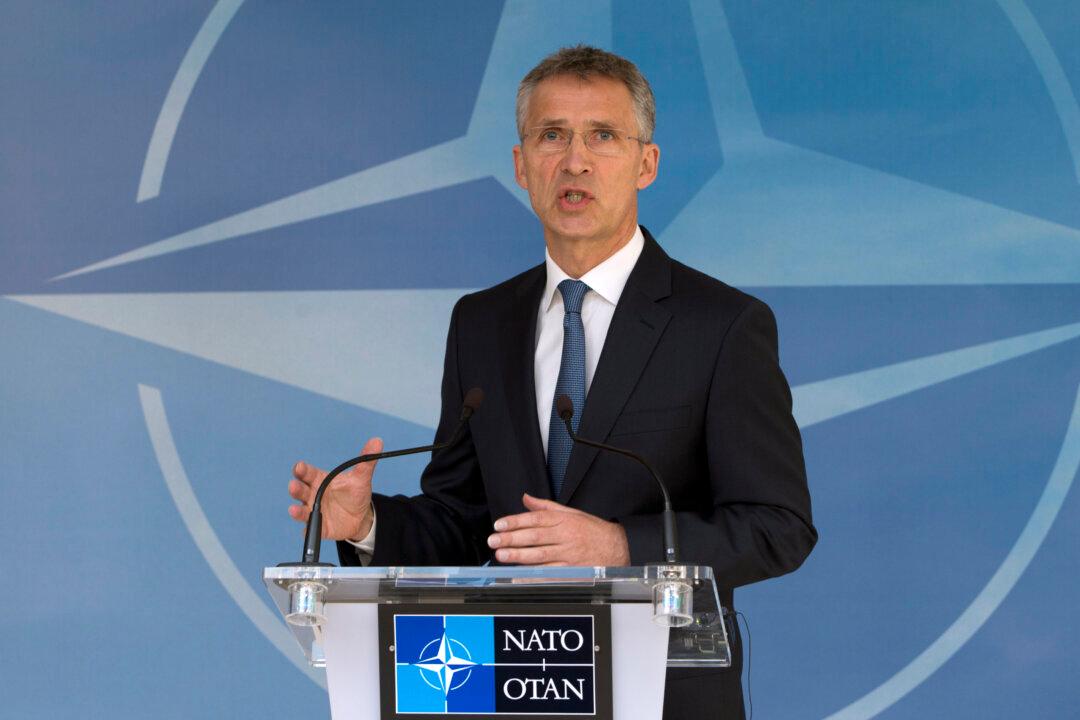BRUSSELS— NATO invited the Balkan nation of Montenegro to become its 29th member, agreeing Thursday to expand for only the seventh time in its history despite Russia’s angry objections.
The decision is still subject to formal approval by the U.S. Senate and the alliance’s other national parliaments.
NATO Secretary-General Jens Stoltenberg said it was the “beginning of a new secure chapter” in the former Yugoslav republic’s history.
Montenegrin Prime Minister Milo Djukanovic attended the signing of an accession protocol at NATO headquarters in Brussels. He said his country, bombed by NATO warplanes 16 years ago, would stand “shoulder to shoulder” with the other members of the U.S-led alliance.
“You can count on us at any time,” Djukanovic said.
Russia has accused NATO of trying to encircle it and friendly nations like Serbia, and vowed to do what’s necessary to defend its national security and interests.






